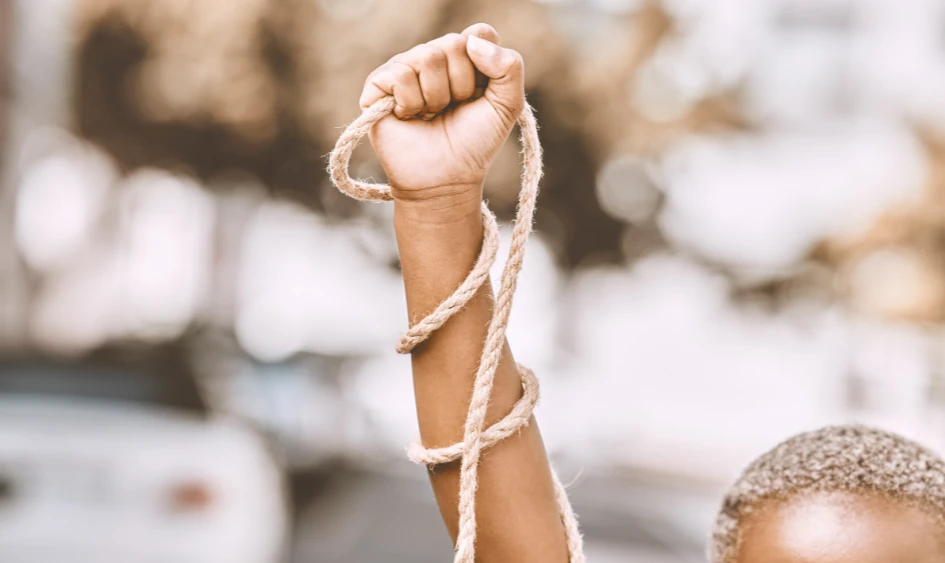Question
Assalamualaikum. I have some questions I would like to ask to clear up my misconceptions, if any. Please take a look.
-
Was it permissible to have an intimate relationship with POWs without marriage after the period of iddah? Was marriage required for this kind of relationship, or was the consent of the POWs sufficient?
-
The Quran, verse 47:4, states that POWs can either be freed out of generosity or for ransom, which was practised by the Prophet (PBUH) during the Battle of Badr. However, this wasn’t followed in the battles with Banu al-Mustaliq, Khaybar, or Banu Qurayza. Why were the people of these tribes enslaved despite the clear commandment in the Quran that POWs should be freed or ransomed, not enslaved? Am I missing something? Is there a difference between POWs and slaves?
-
It is said that only slaves could be distributed as war booty and taken as slaves, while free persons should be freed or ransomed. However, in the case of Banu Qurayza, Banu al-Mustaliq, and the Battle of Khaybar, Juwayriyyah (RA) and Safiyyah (RA) were enslaved and then freed. Why? Weren’t they free persons? Why were they distributed as slaves?
-
Is Mariah (RA) considered Ummul-Momineen? Some historians, like Ibn Kathir, say that the Prophet (PBUH) married her, while others, like Tabari, say he did not. If the Prophet (PBUH) did not marry her, why? Could you elaborate, please?
-
Could slavery be resurrected if the Khilafah is re-established and there is a war between the Islamic state and non-Muslims? I’m asking because ISIS is committing this crime in the name of our Deen, why? Also, after the death of Prophet Muhammad (PBUH), did the rightly guided Caliphs enslave POWs or just free them out of generosity or for ransom?
-
Could you describe the context of Surah At-Tahrim, verses 1 to 6? The background of these verses seems delicate. I need to hear from a scholar. I’ve searched everywhere for answers but couldn’t find any. I eagerly await your reply. I want to learn my Deen better, please help me.
Regards
Answer
Wa alaikumussalaam.
- Sexual relations with POWs were recognized by the Qur’an due to the deep roots of slavery in Arabian society and globally. Marriage was not required for this type of relationship. The slaves were aware of their social position and their consent hardly mattered.
For questions 2 and 3, please refer to the chapter “Captives of War” from Ustaz Ghamidi’s book “Islam – A Comprehensive Introduction” (Online link: https://www.javedahmedghamidi.org/#!/mizan/5aa6a4315e891e8f44a45788?chapterNo=9&subChapterNo=3&lang=en).
- Regarding Maria (RA), she was not a wife of the Prophet (PBUH) and therefore, not counted among the Ummahat al-Mumineen. The Prophet (PBUH) kept her as a slave because he was barred from marrying slave girls who were not part of the war booty, as stated in the verse governing his marriage regulations (See Ahzab 33:52). Hadhrat Maria Qibtia (RA) was presented to the Prophet (PBUH) by the ruler of Egypt. He loved her very much and treated her well to set an example for Muslims on how to treat their slaves.
It should be noted that while Islam condemned slavery, it did not abolish it instantly. The institution of slavery was so deeply rooted in society that immediate abolition was not feasible. Islam adopted a gradual approach by providing incentives to free slaves in return for rewards in the hereafter and by encouraging fair and respectful treatment. During this intermediary period, the Prophet (PBUH) set examples of good treatment of slaves, as seen in the case of Hadhrat Maria Qibtia (RA). Another example was Hadhrat Zaid (RA), whom he freed and treated as his son. There is no strong evidence of any other slave girl in the household of the Prophet (PBUH).
-
In our view, Khilafah is not a religious directive of our religion. Therefore, whether it is established or not, the practice of slavery should not be revived. It was a social evil that gripped the world, and the spirit of Islamic teachings does not support reviving this practice after its global abolition. Prisoners of war should be treated according to humane and just principles that are globally recognized, and Islam also calls for the humane treatment of prisoners. During the period of the rightly guided caliphs, many steps were taken to free slaves, and they achieved some success in ending the practice in the Arabian Peninsula. However, conquests brought new slaves under Muslim rule from outside Arabia. They could not be freed immediately due to their dependence on their owners for livelihood. Through the practice of Mukatabat, slaves were given the option to gain their freedom if they desired.
-
For the context and explanation of Surah At-Tahrim, please visit this link: Surah At-Tahrim Context.
Hope this helps.
Answered by: Mushafiq Sultan
Date: 2017-03-15









